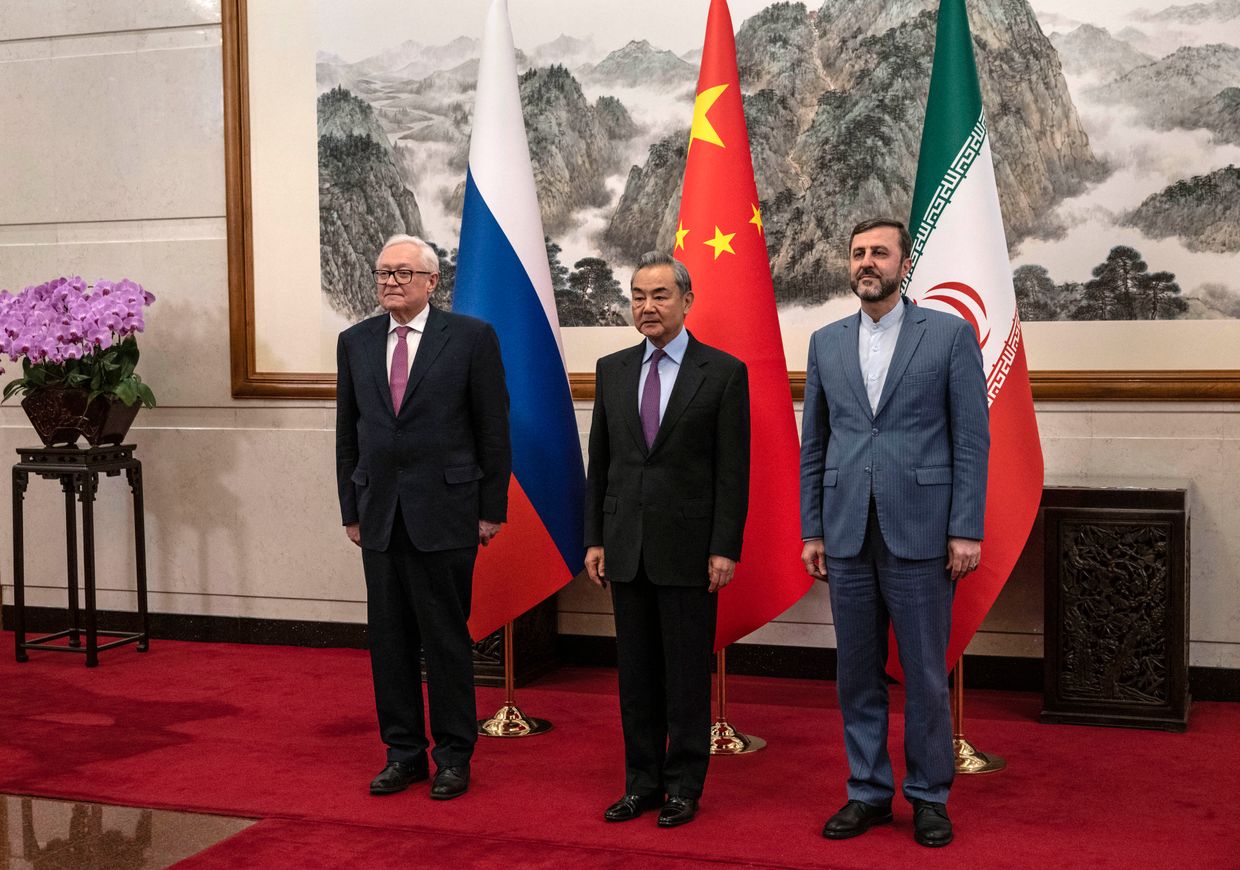'His economy stinks,' — falling oil prices could force Putin to end war, Trump says

Falling oil prices could compel Russian President Vladimir Putin to end the war in Ukraine, U.S. President Donald Trump suggested in an interview with CNBC aired on Aug. 5.
Russia's energy exports remain the key source of income for its wartime economy and continue to finance its full-scale invasion of Ukraine. Trump's remarks come amid renewed U.S. pressure on Moscow to agree to a ceasefire.
"Look, energy is down to $2.20 a gallon now for a car. It's down to a level, I guess, around $65 a barrel, but it's going down," Trump said in the interview. "Putin will stop killing people if you get (the price of) energy down another $10 a barrel. He's going to have no choice, because his economy stinks."
"OPEC and OPEC+ are drilling more. They want to drill more because, I think, they want me happy, because if energy goes down low enough, Putin is going to stop killing people," Trump claimed.
OPEC+ reportedly approved in May a 411,000-barrel-per-day increase in oil production for July — the third consecutive monthly hike — pushing crude prices to a four-year low. Bloomberg reported that Russia opposed the move but was overruled by key producers like Saudi Arabia.
Senior U.S. diplomat John Kelley told the United Nations Security Council on July 31 that Trump wants a deal to end the war by Aug. 8.
"President Trump has made clear this must be done by Aug. 8. The United States is prepared to implement additional measures to secure peace," Kelley said.
Trump has repeatedly warned Moscow of steep consequences if it fails to comply. On July 29, the president announced that new sanctions including secondary tariffs on Russia's trading partners would take effect within ten days unless the Kremlin agreed to halt its war.
"Ten days from today. And then we're gonna put on tariffs and stuff," Trump said in audio released by the White House. "I don't know if it's gonna affect Russia... but we're gonna put tariffs and various things."
Trump had issued a 50-day deadline to Putin, but on July 28, he announced he was no longer willing to wait.
"There's no reason in waiting," he said. "It's 50 days, I wanted to be generous, but we just don't see any progress being made."
The proposed sanctions include secondary tarriffs on countries that continue to buy Russian oil, gas, and other exports — a move that would directly impact major trading partners such as China and India.












